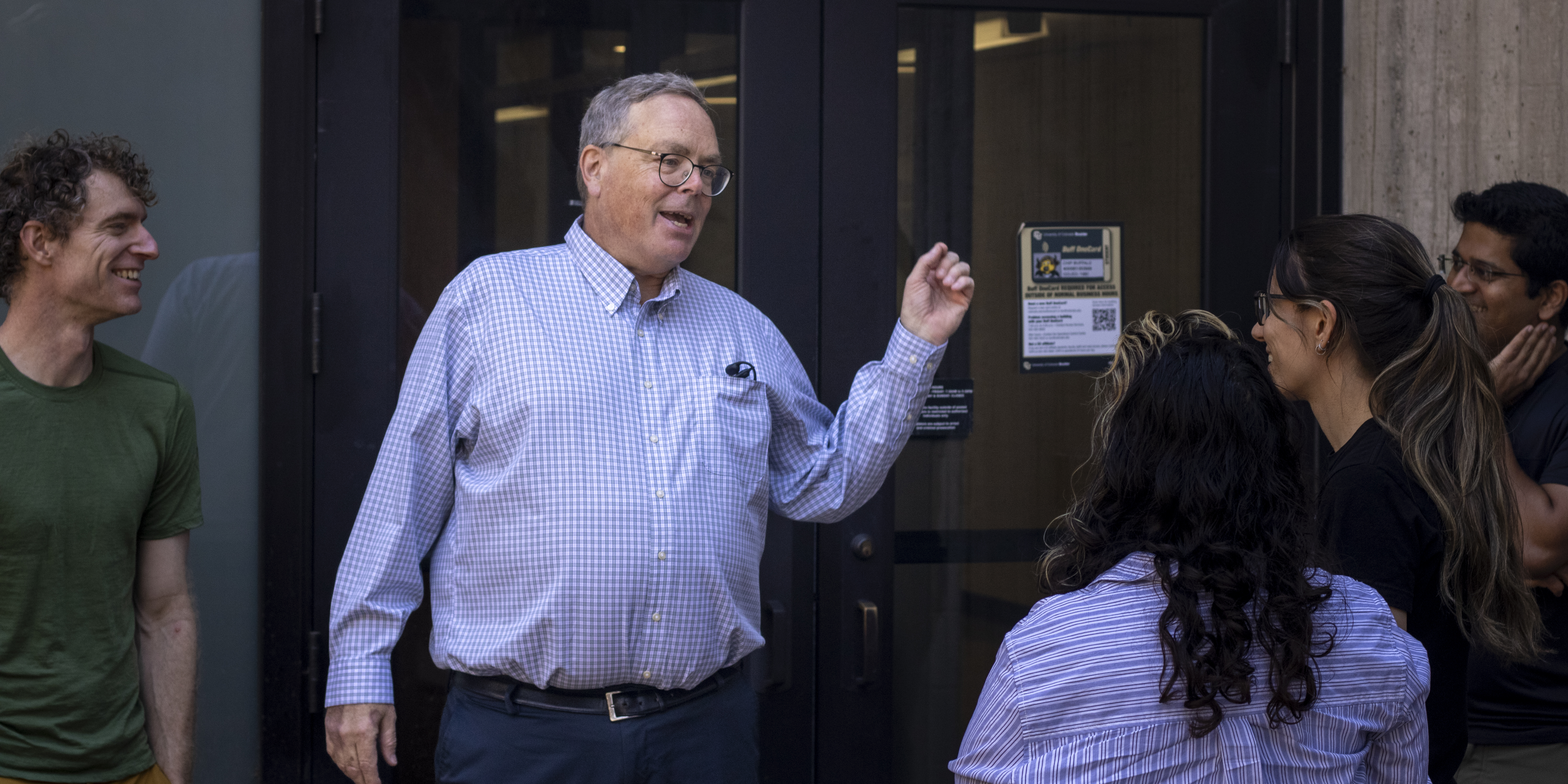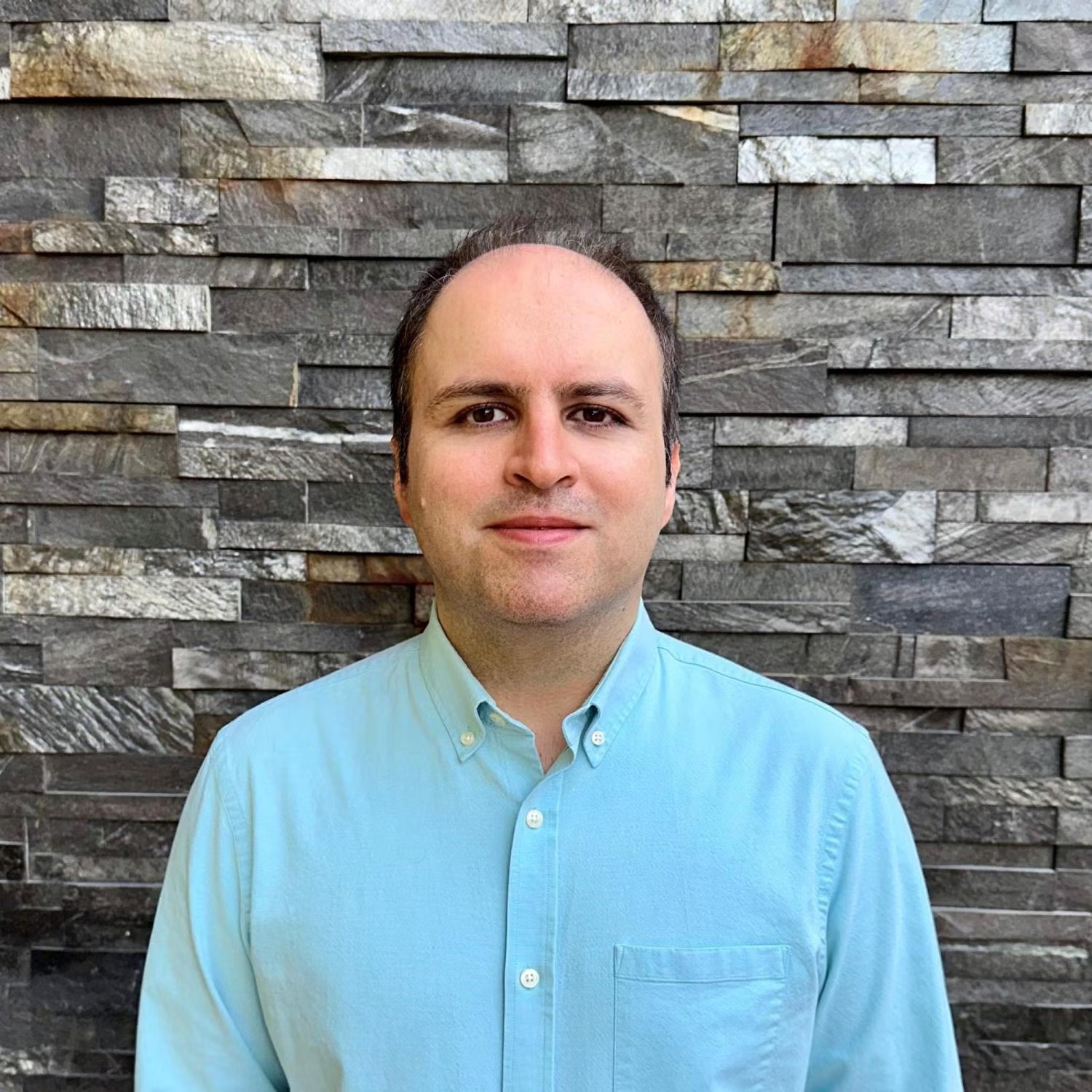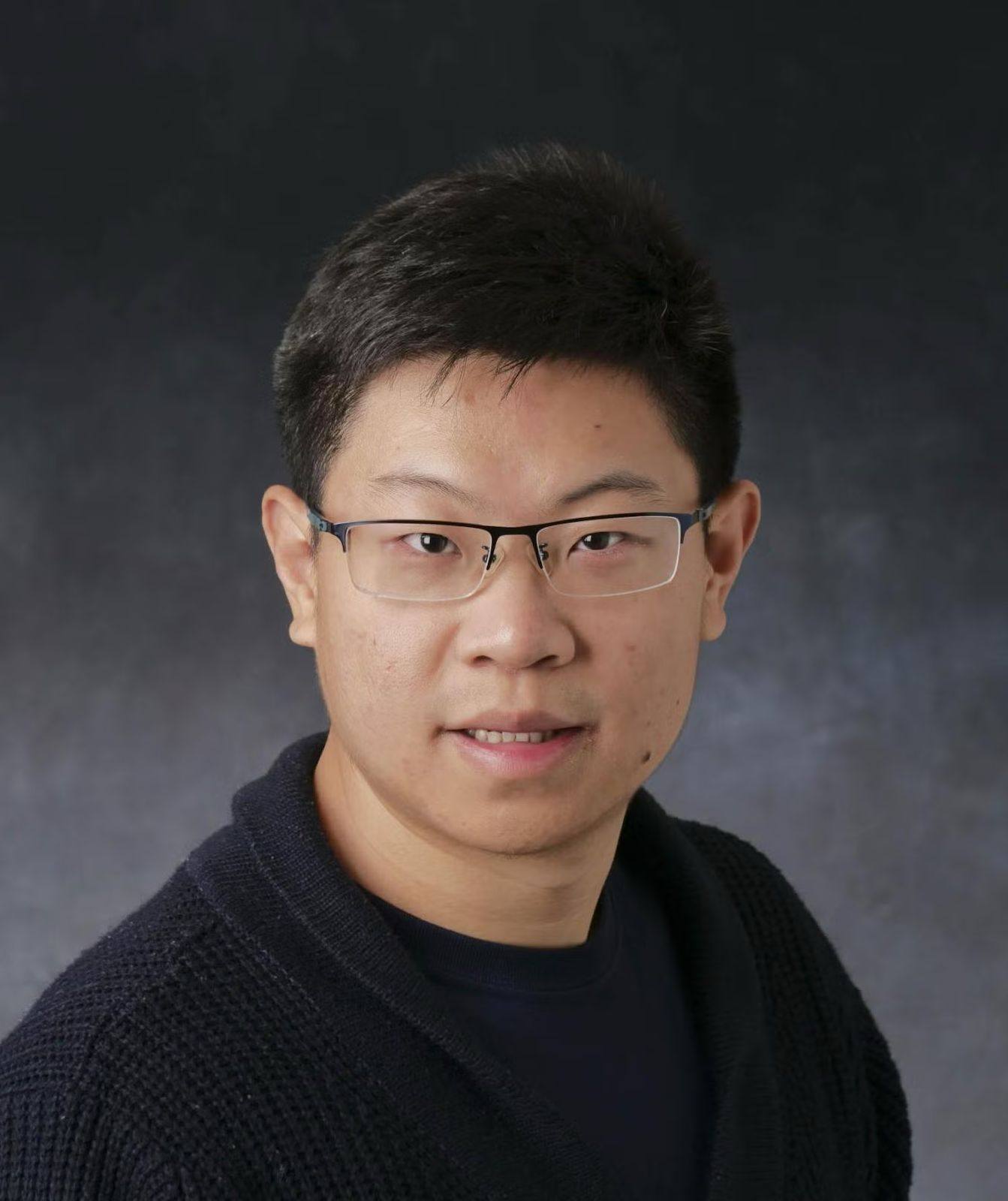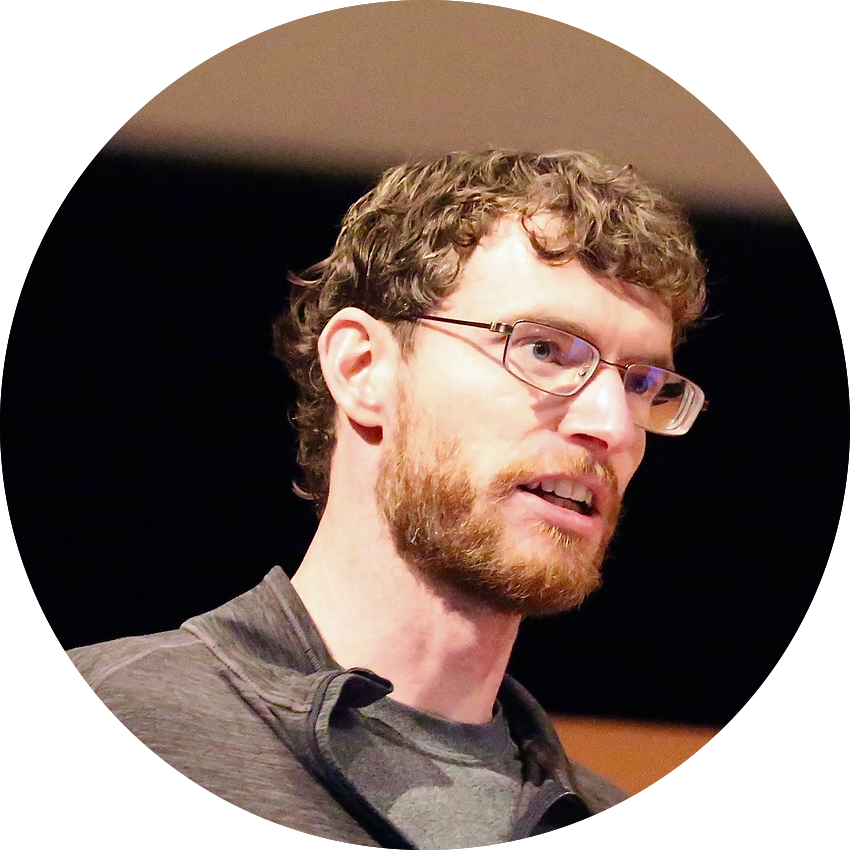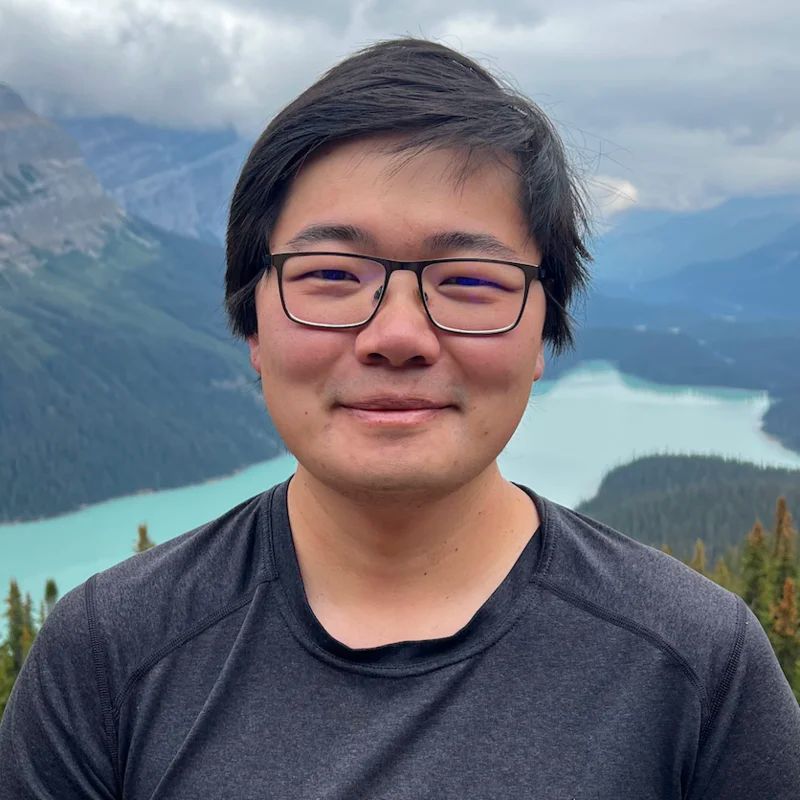
About Computer Systems Lab @ CU
The Computer Systems Lab at CU consists of about 12 faculty whose expertise generally lies in building practical computer systems.
Most of the Systems faculty share a large, collaborative lab space with their students.
Together, faculty and students pursue funded research across a broad range of areas, including Networking, Wireless and Mobile Systems, Machine Learning Systems and Infrastructure, Data and IoT Analytics, Storage, Memory and Nonvolatile Systems, Control and Optimization of Complex Systems, Privacy, Policy and Social Computing, Quantum Computing, Anticensorship and Software Security, and Hardware and Microarchitectural Security.
Faculty

Dirk Grunwald (Prof. Emeritus)
Networking, Wireless & Mobile Systems, Anticensorship and Software Security, Storage, Memory & Nonvolatile Systems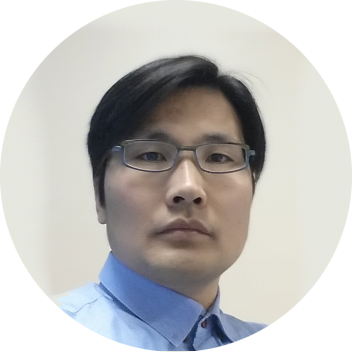
Sangtae Ha
Networking, Wireless & Mobile Systems, Machine Learning Systems & Infrastructure, Storage, Memory & Nonvolatile Systems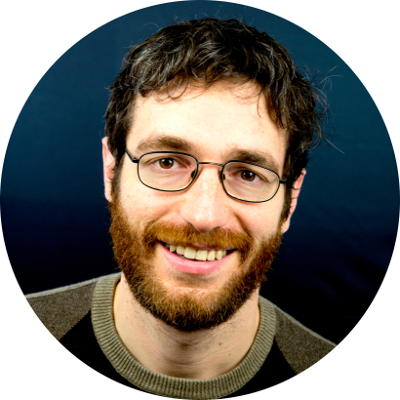
Joe Izraelevitz
Hardware & Microarchitectural Security, Storage, Memory & Nonvolatile Systems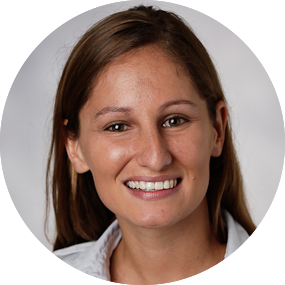
Tamara Silbergleit Lehman
Hardware & Microarchitectural Security, Privacy, Policy & Social Computing, Networking, Wireless & Mobile SystemsResearch Areas
Networking, Wireless & Mobile Systems
- Researchers in the lab program P4-enabled switches to enforce fine-grained access controls at line rate.
- We develop and evaluate congestion-control algorithms that cut datacenter tail latencies.
- Wireless projects span end-to-end 5G slices for real-time telemedicine and mesh-networking protocols for disaster response.
- Mobile-edge frameworks pre-fetch and cache critical data to support offline operation.
Machine Learning Systems & Infrastructure
- We design computer systems that enable AI-powered applications across diverse domains.
- Our work focuses on building the core infrastructure needed to train and deploy large-scale machine learning models, applying innovations across the computing stack to make end-to-end training and inference pipelines more scalable, efficient, and secure.
Faculty:
Sangtae Ha, Mark Zhao
Data & IoT Analytics
- We’ve created frameworks that fuse multimodal sensor data on low-power IoT nodes for real-time anomaly detection in agriculture and industrial settings.
- Distributed learning algorithms adapt models on-device to shifting environmental conditions without raw data leaving the field.
- Cloud back-ends aggregate insights to optimize resource allocation. Social-media mining tools identify and visualize coordinated inauthentic behavior.
Faculty:
Christine Lv, Shivakant Mishra (On-Leave)
Storage, Memory & Nonvolatile Systems
- Our lab’s distributed file system combines erasure coding with adaptive caching to deliver sub-millisecond reads at petabyte scale.
- Persistent-memory libraries expose byte-addressable durability without expensive checkpointing.
- Hybrid hierarchies of DRAM, NAND-flash, and emerging phase-change memory are benchmarked under real datacenter workloads.
- Tail-latency mitigation techniques balance throughput against fairness.
Control & Optimization of Complex Systems
- We develop distributed consensus and control protocols that maintain stability under network partitions and variable delays.
- Learning-based controllers automatically tune parameters in smart-grid and vehicular networks.
- Resource-allocation schedulers optimize CPU, memory, and network slices to meet end-to-end QoS guarantees.
Faculty:
Lijun Chen
Privacy, Policy & Social Computing
- Differential-privacy libraries add provable noise to large-scale analytics, balancing utility against individual risk.
- Policy-aware query planners enforce data-access constraints mandated by regulations like GDPR.
- We’ve built dashboards that visualize fairness metrics across demographic groups.
- Trace-analysis tools map the spread of misinformation and bot-driven campaigns in real time.
Quantum Computing
- We advance trustworthy quantum computing to build reliable, secure, and scalable quantum systems that bridge hardware, software, and architecture.
- By harnessing superposition, entanglement, and interference, our research enables quantum computers to solve problems beyond classical limits, with transformative impact across science, engineering, and society.
Anticensorship and Software Security
- Our lab analyzes how low-level flaws in kernels, hypervisors, and cryptographic libraries move from “just a crash” to a full exploit.
- We formalize these exploit paths to triage vulnerability severity automatically and concentrate defenses where they matter most.
- By examining weird machines, unintended computational behaviors hidden inside software, we uncover new attack surfaces and craft lightweight mitigations that bring memory and type-safety to production code with minimal overhead.
- We’ve developed censorship-resistant proxy tools that maintain connectivity under challenging conditions.
Hardware & Microarchitectural Security
- We design cryptographically protected cache architectures that render side-channel attacks infeasible.
- Novel firmware-hardware co-designs isolate sensitive states in non-volatile memory, preventing rollback and replay exploits.
- Our teams prototype power-analysis countermeasures on FPGA platforms. Current efforts explore secure enclaves for untrusted accelerators.
Faculty:
Joe Izraelevitz, Tamara Silbergleit Lehman
Gallery
Retirement BBQ
The lab gave a retirement party with barbeque.

